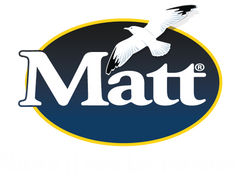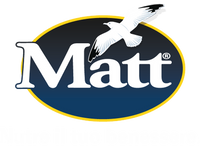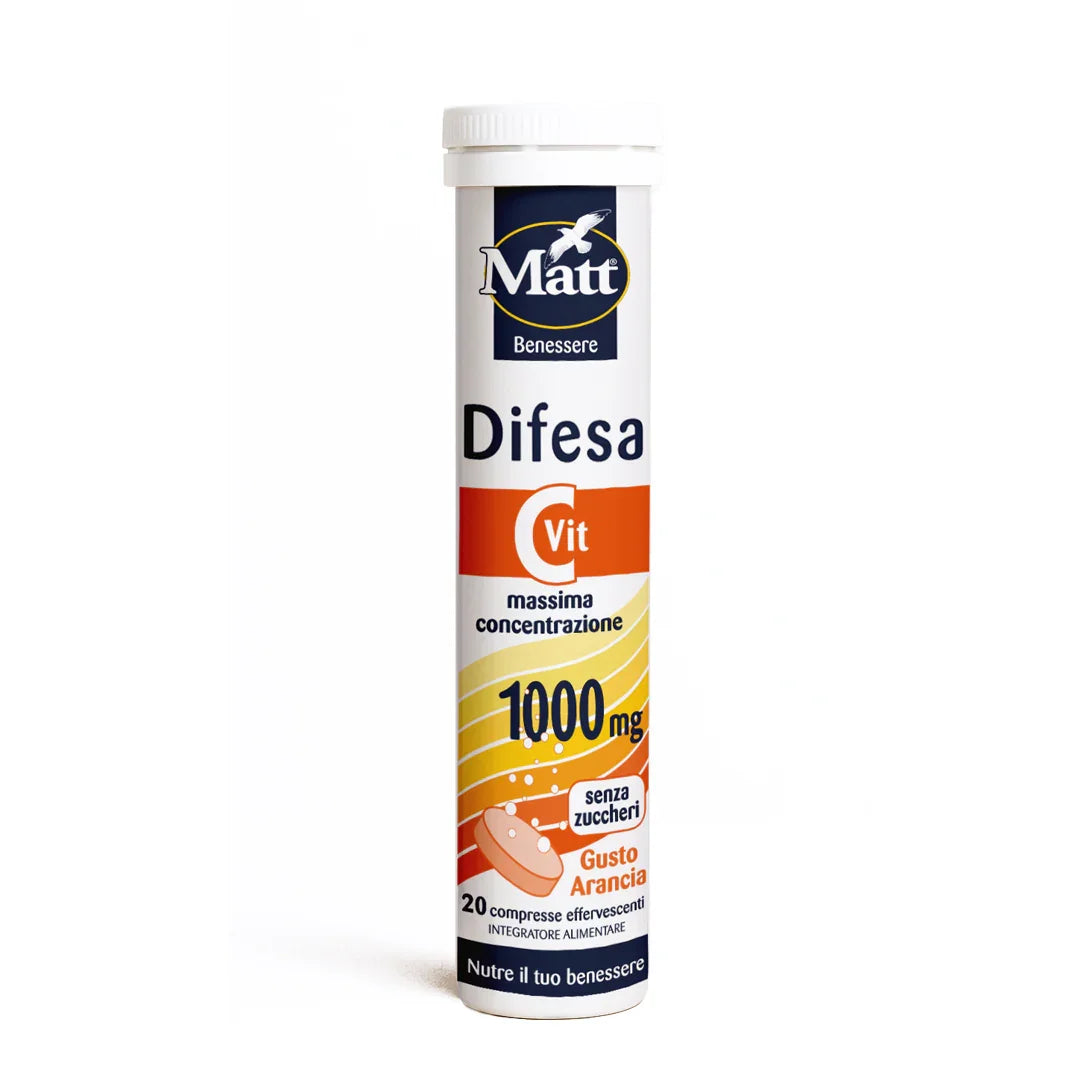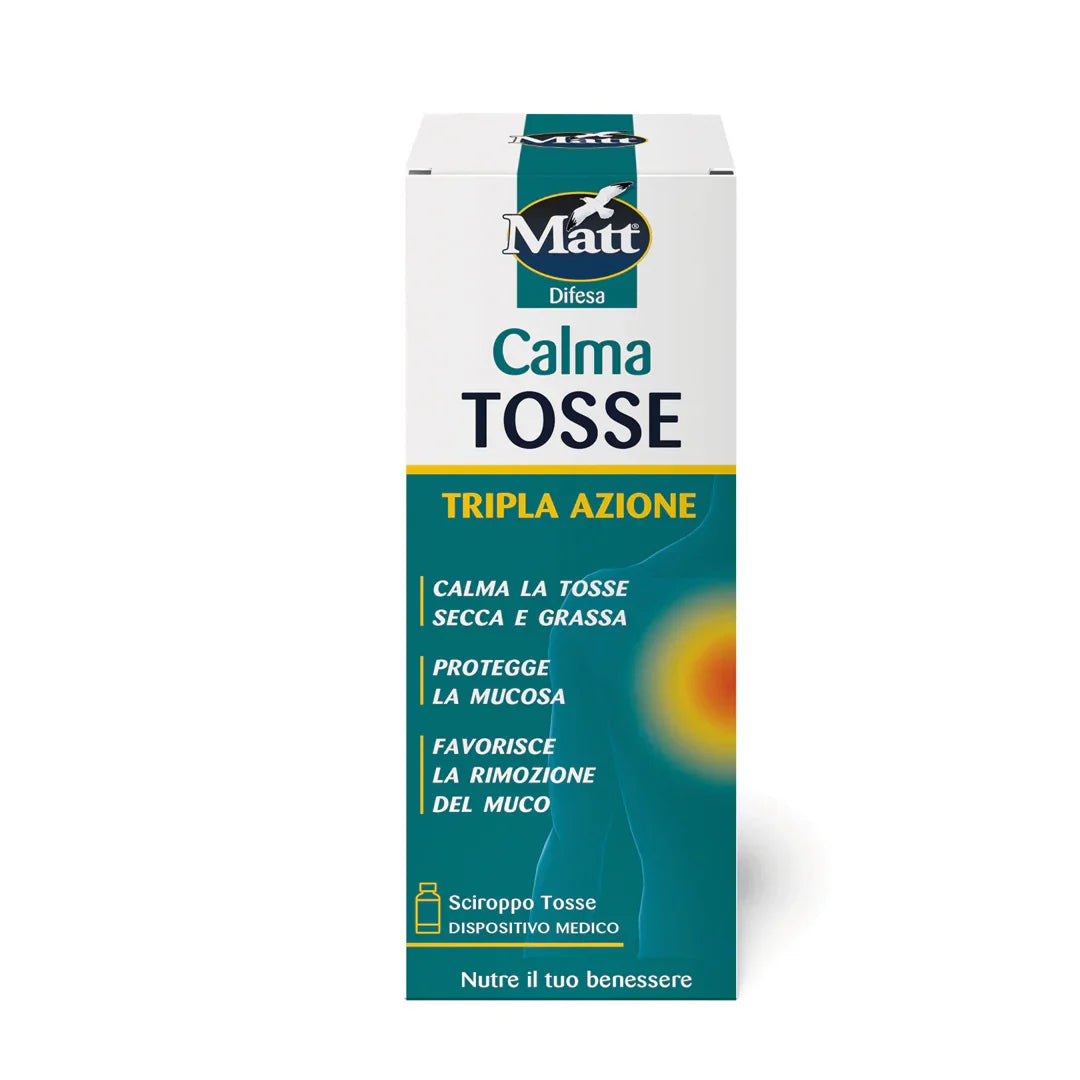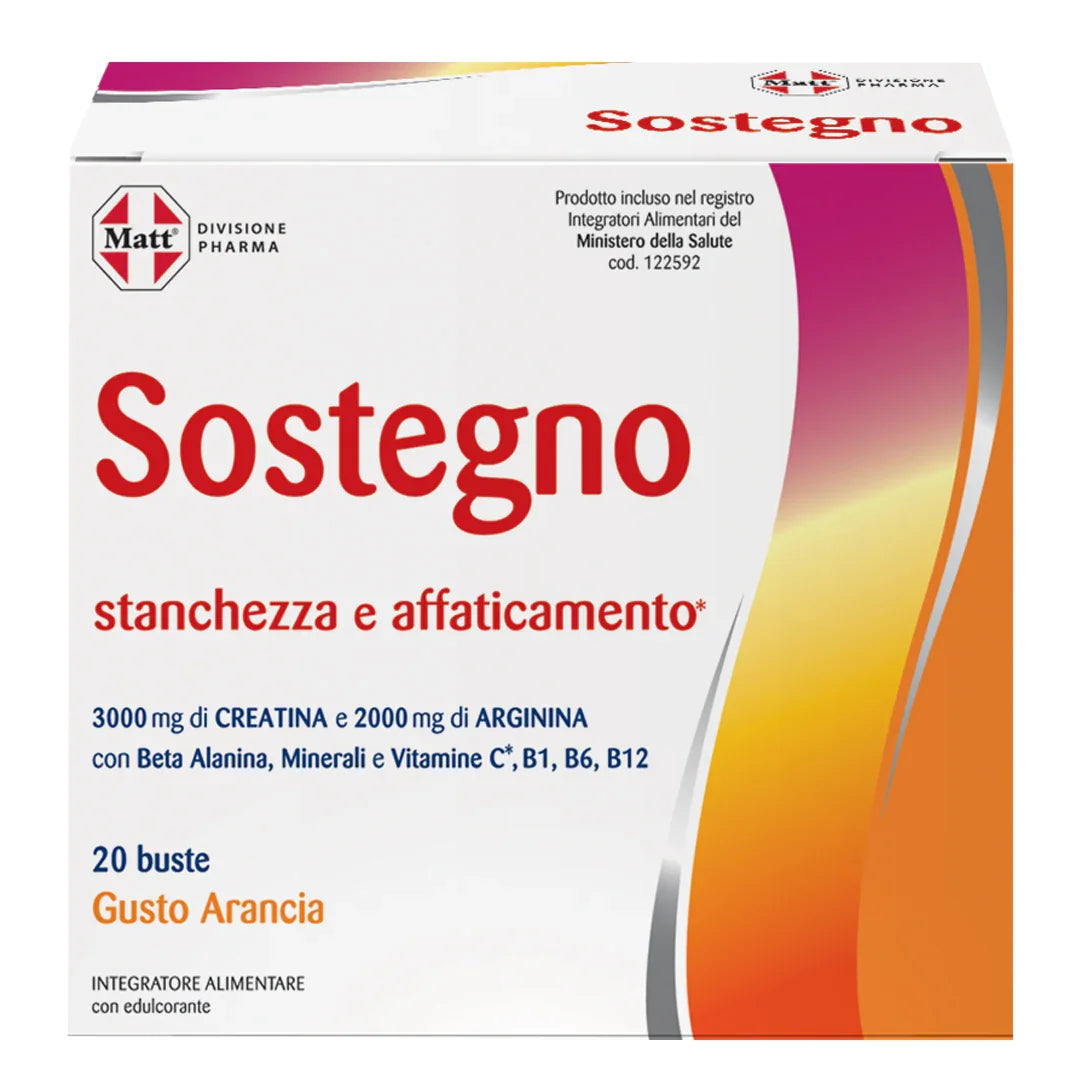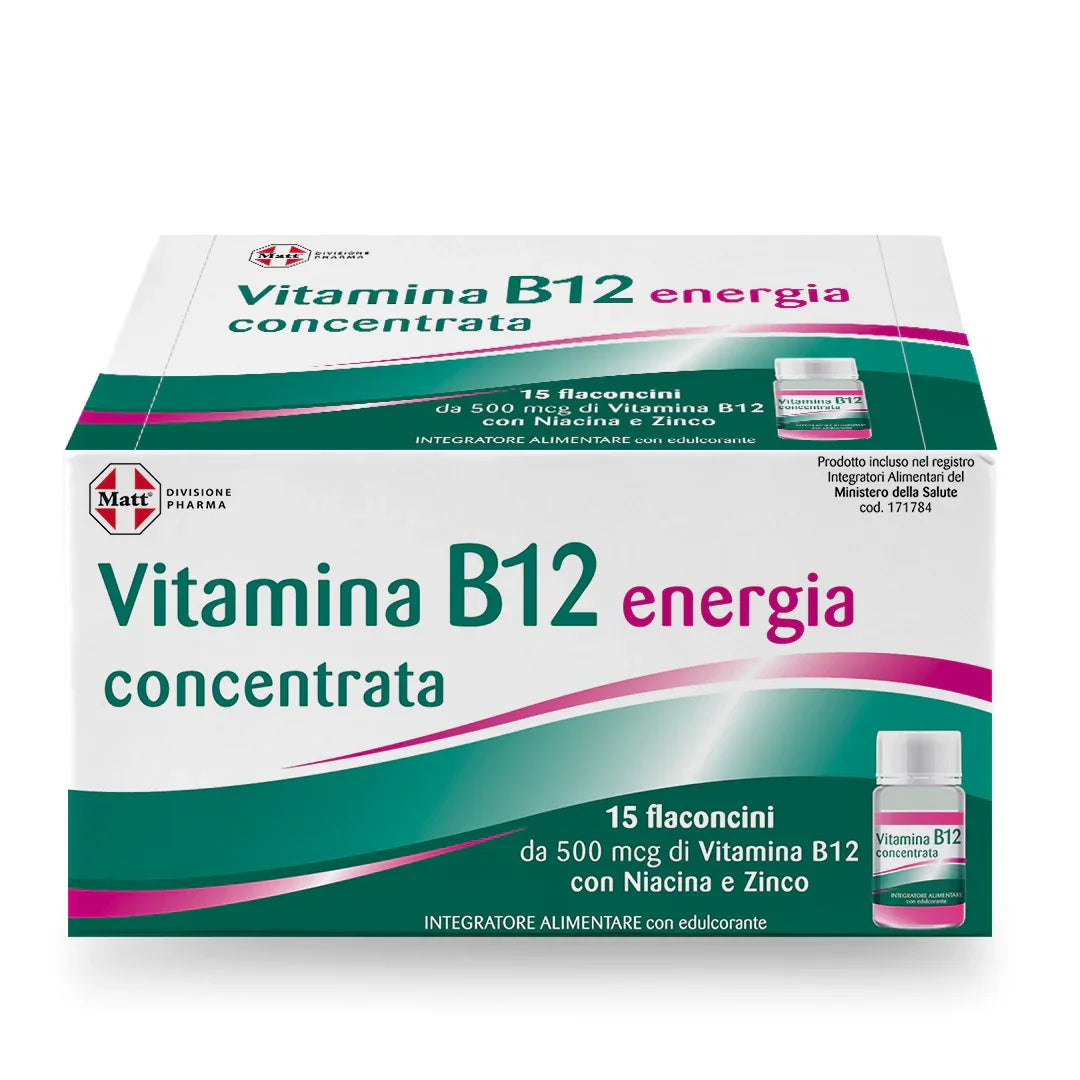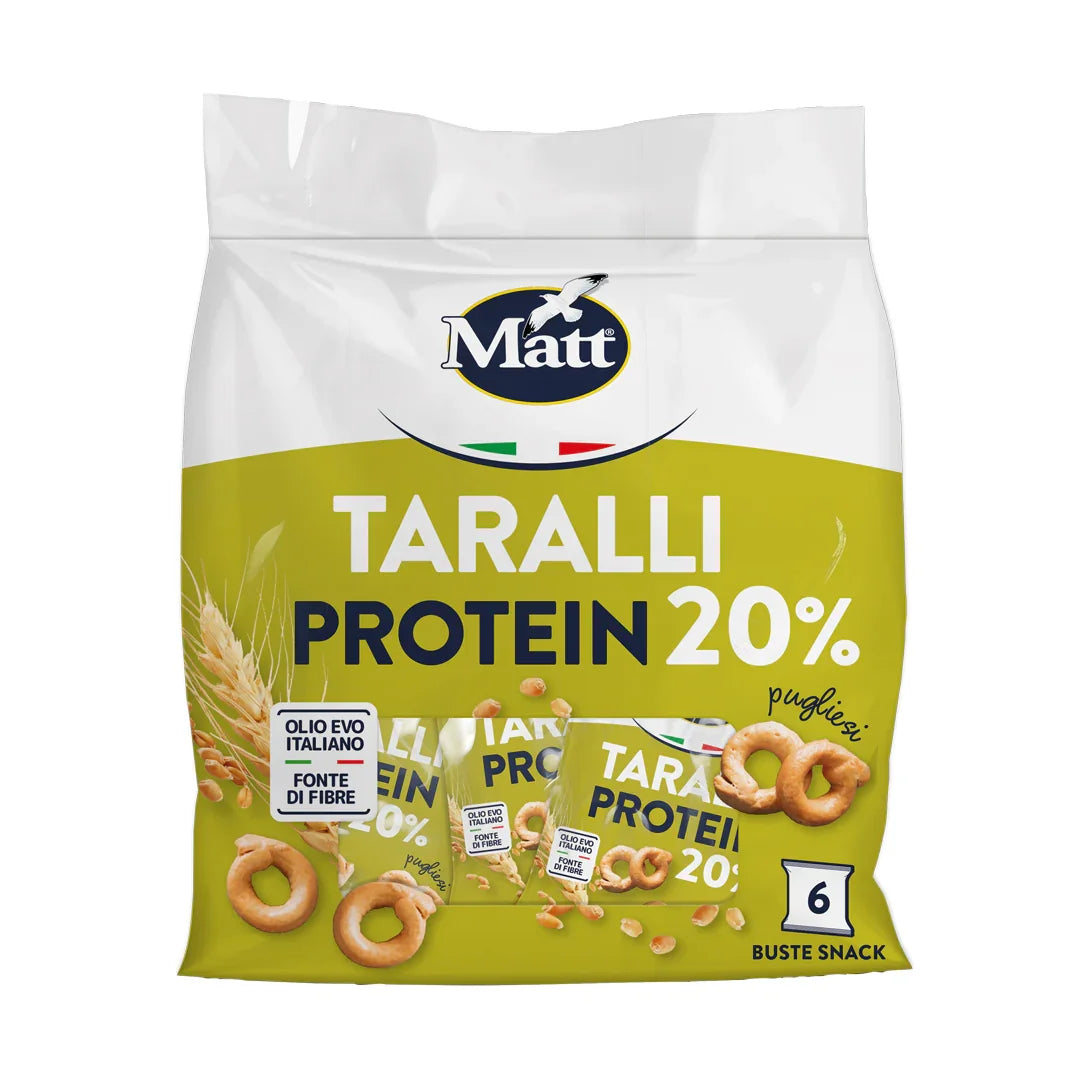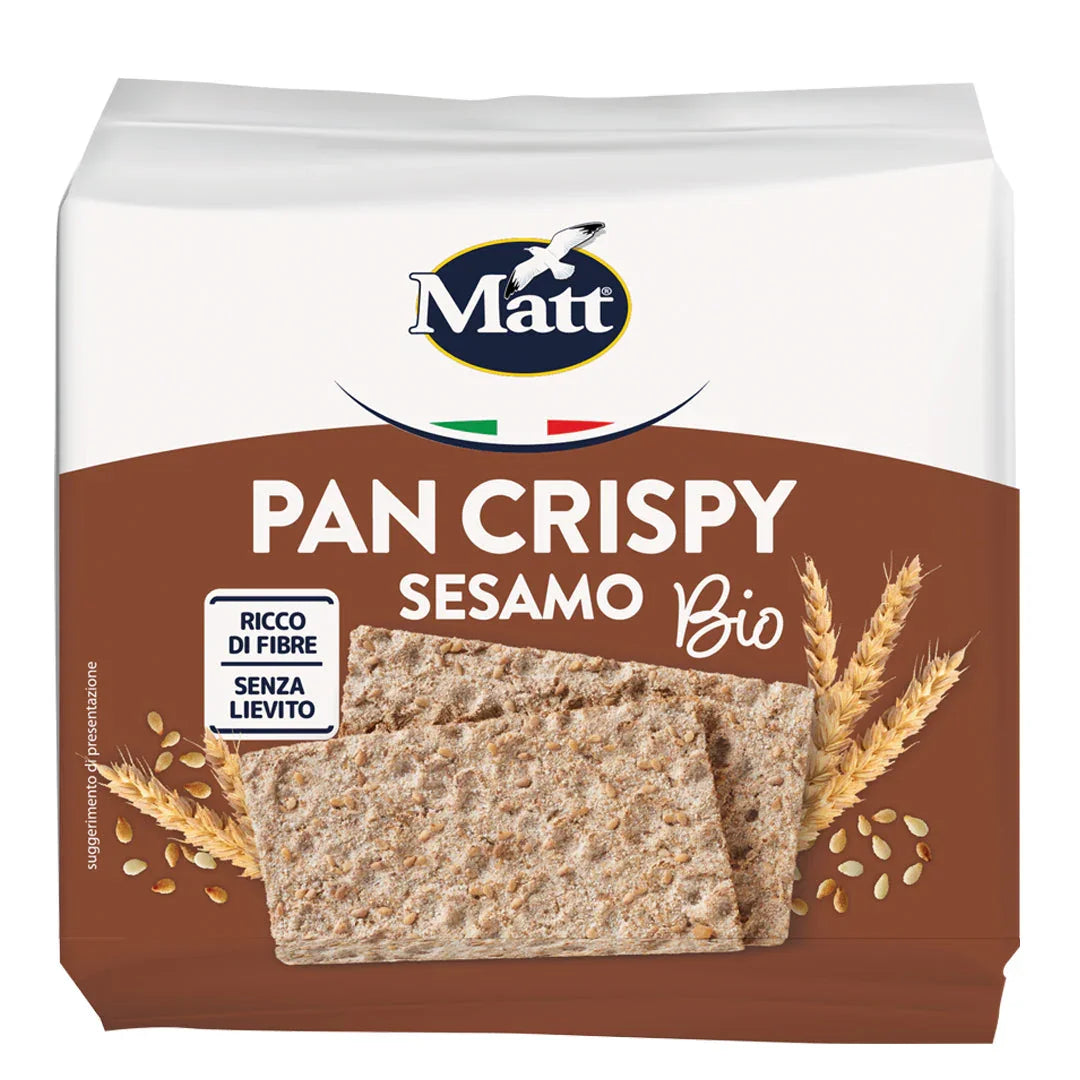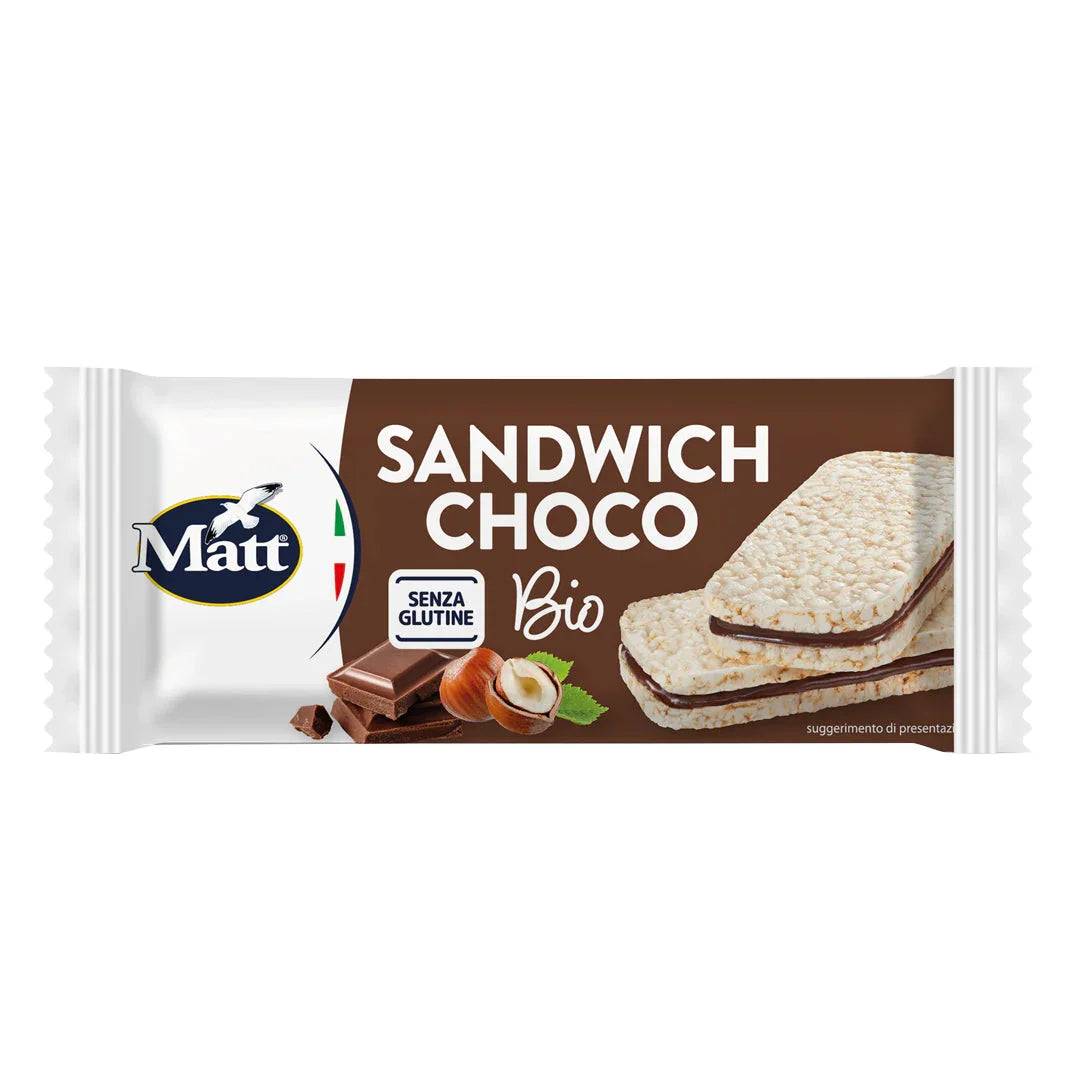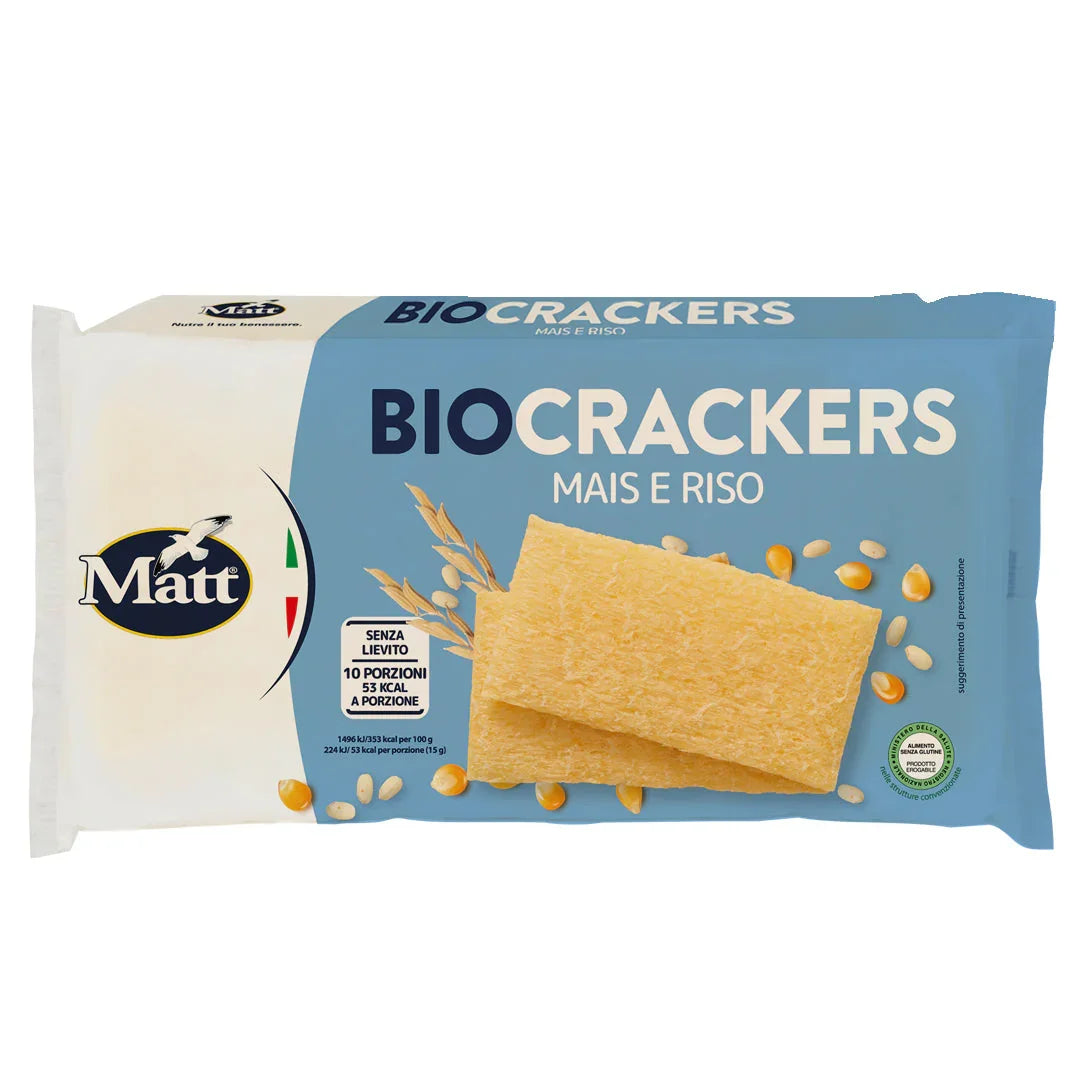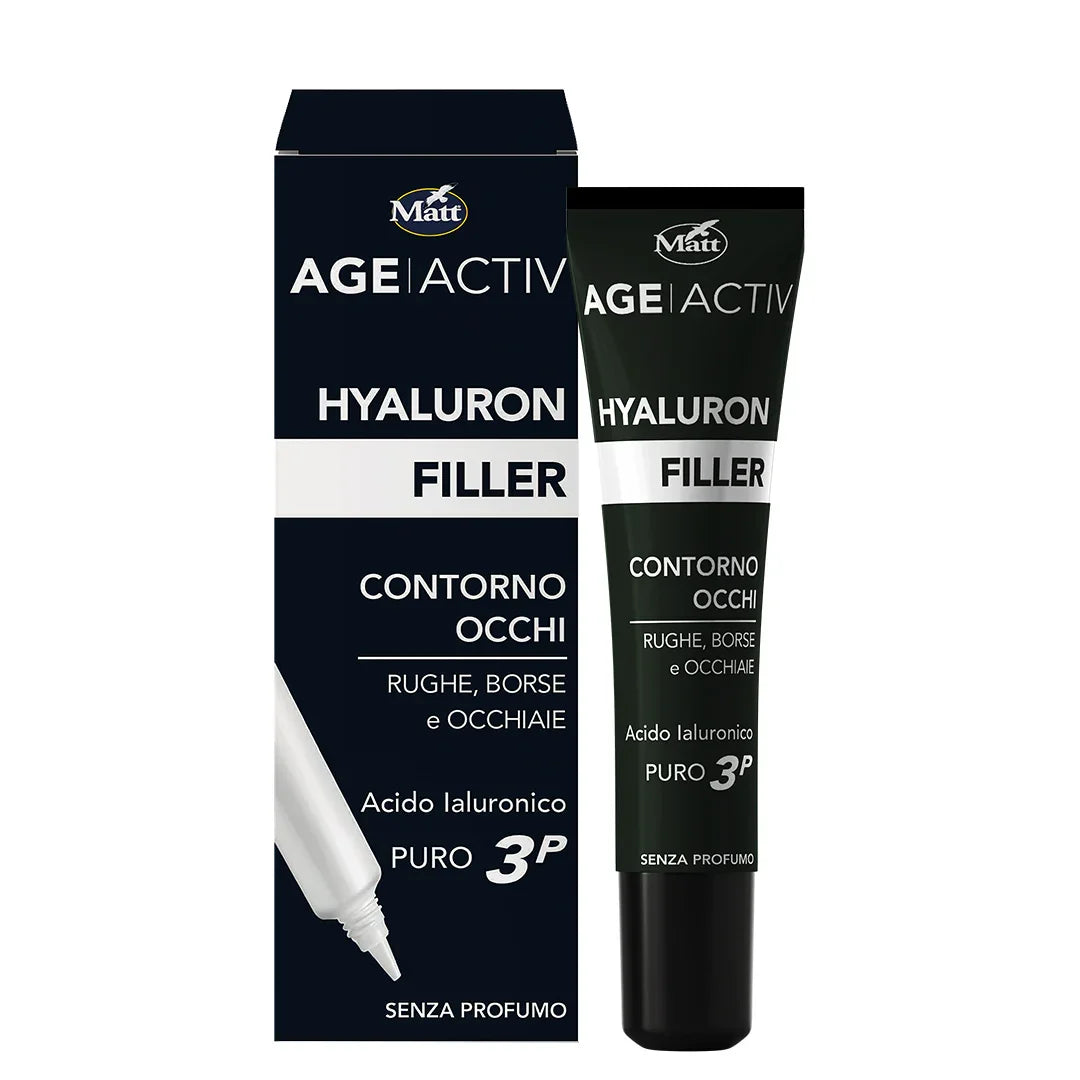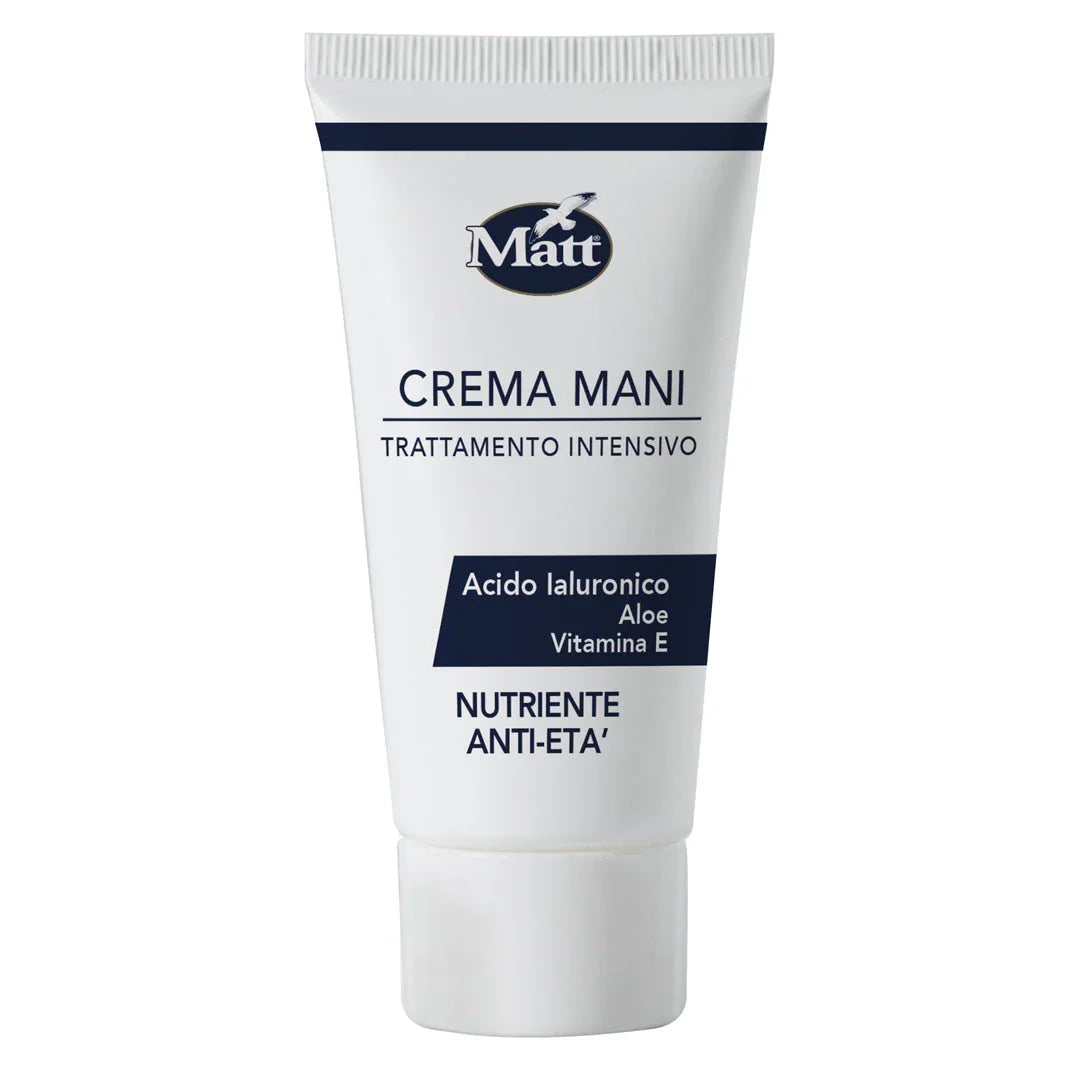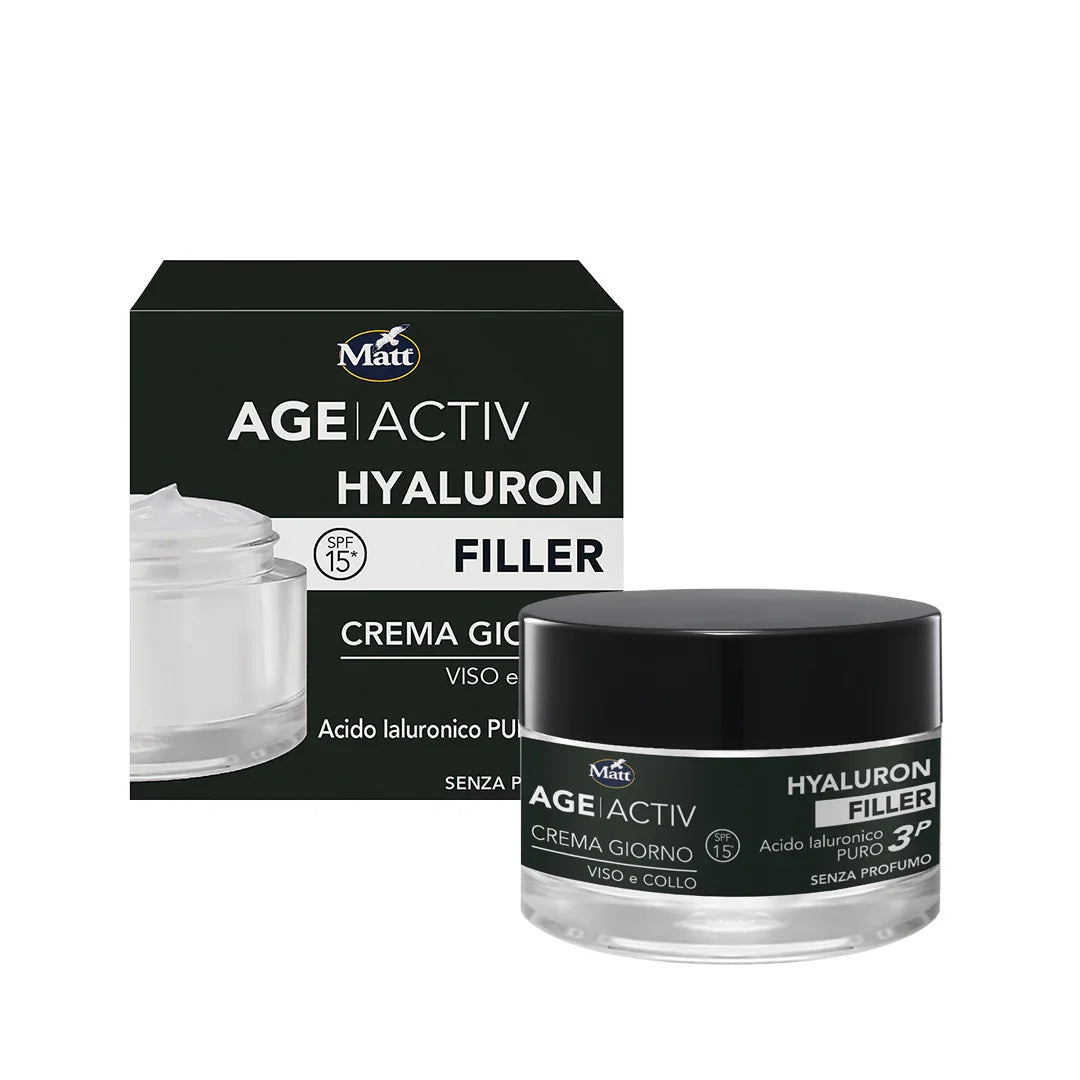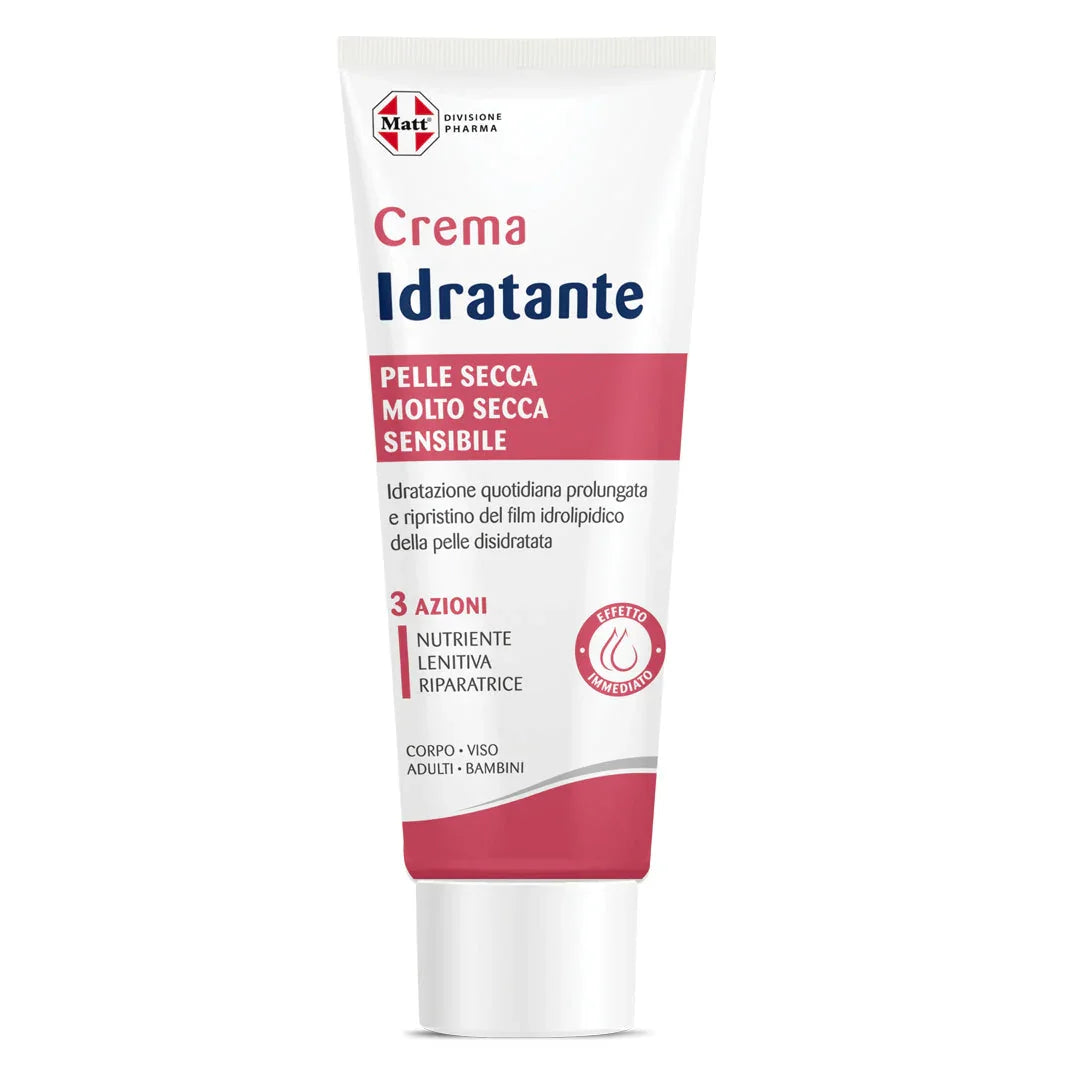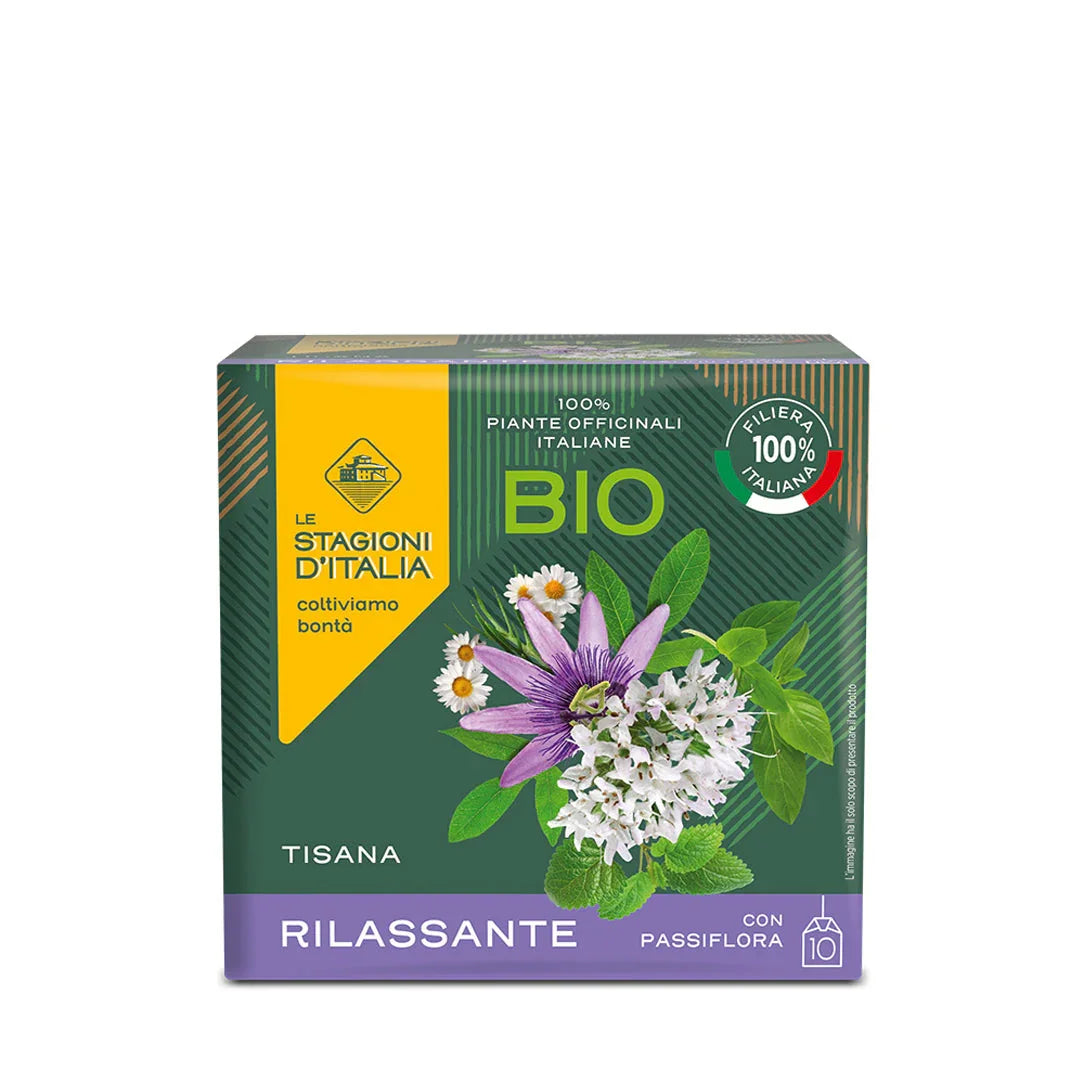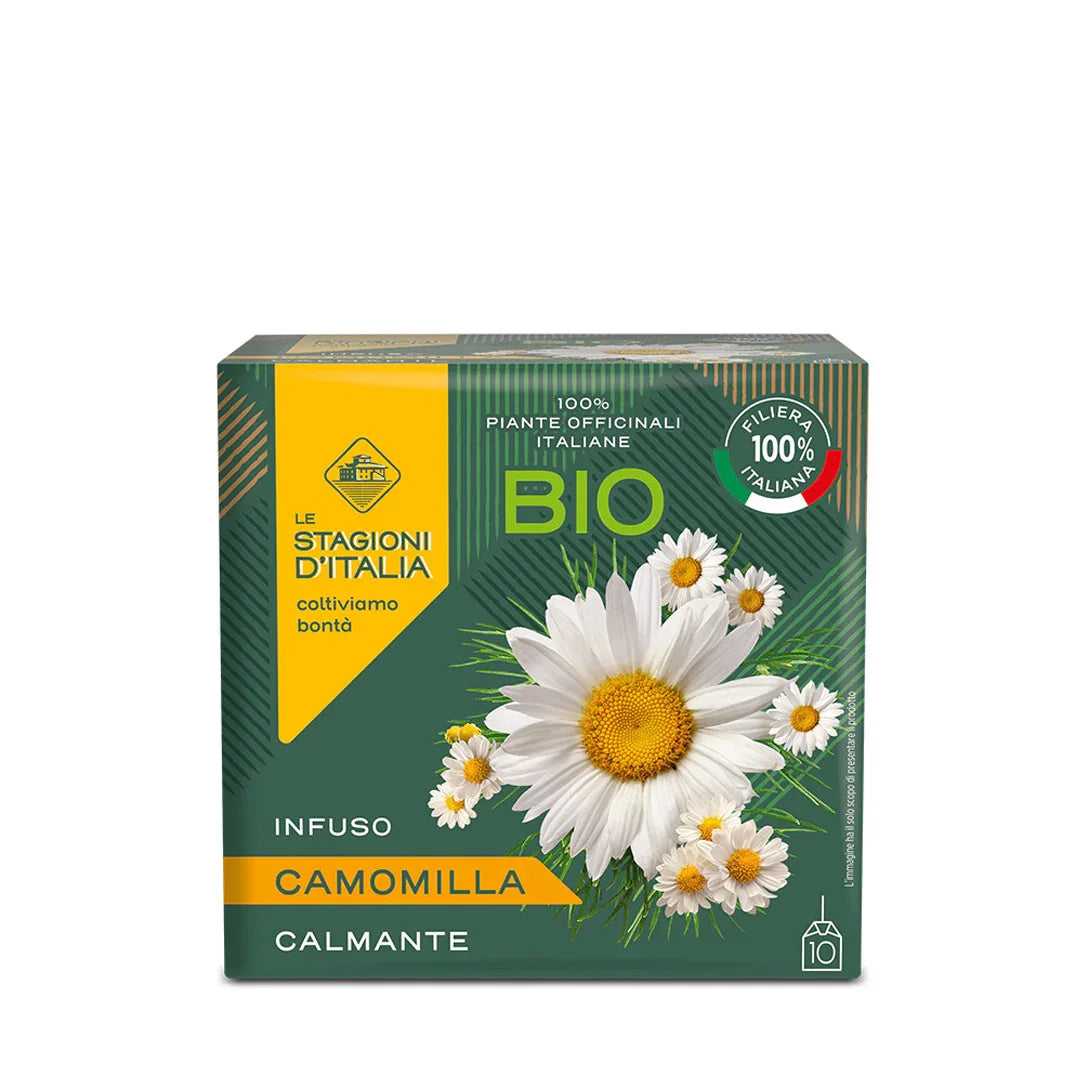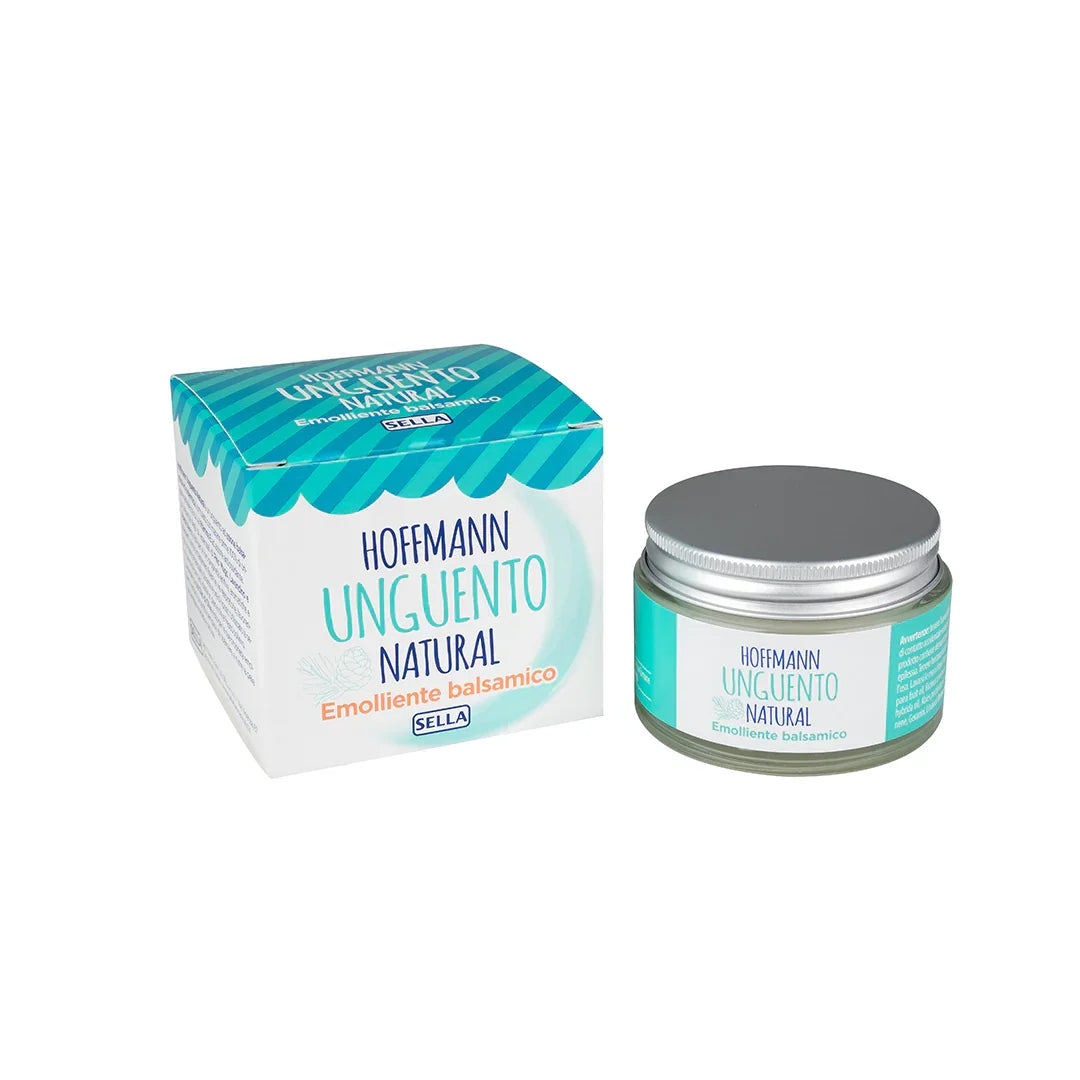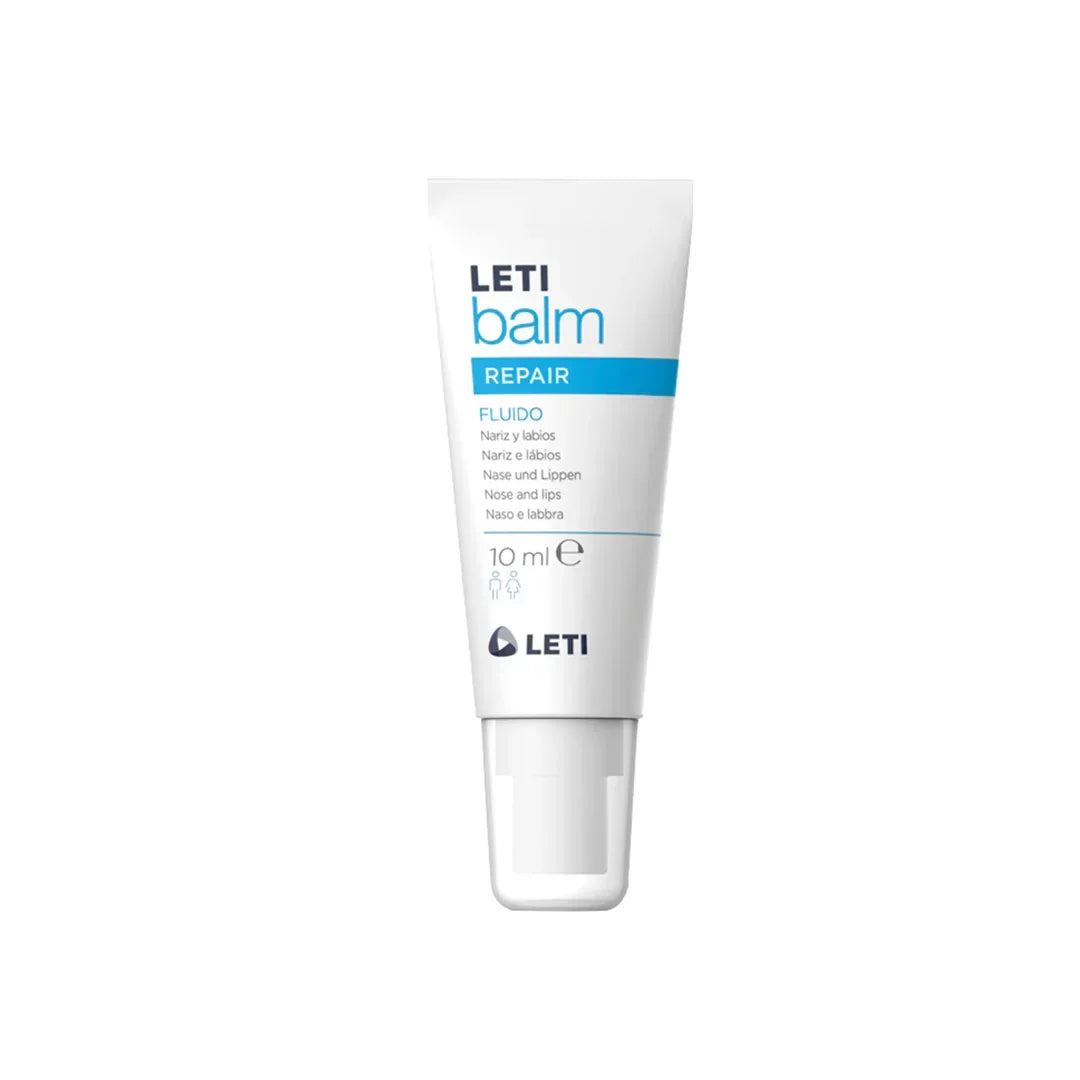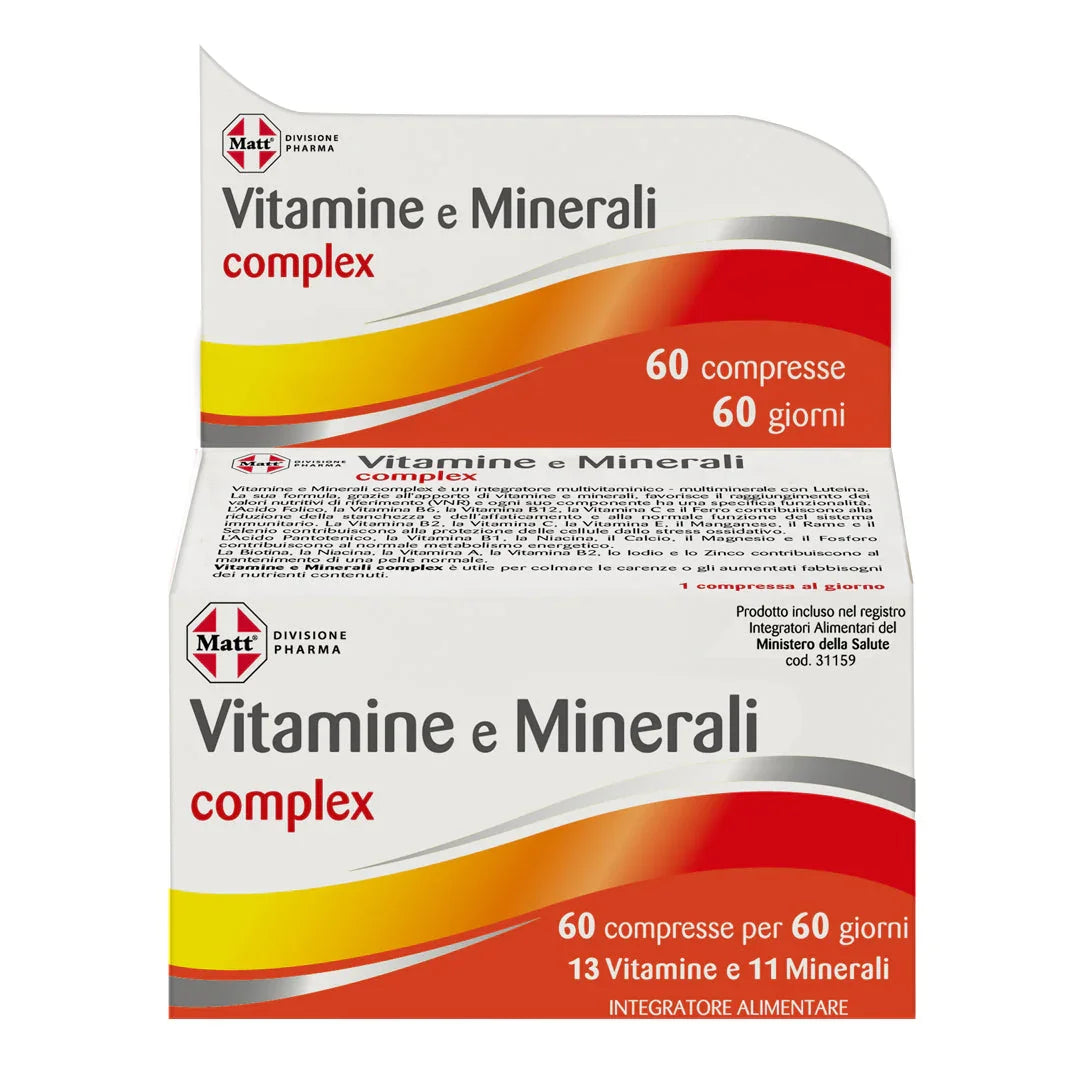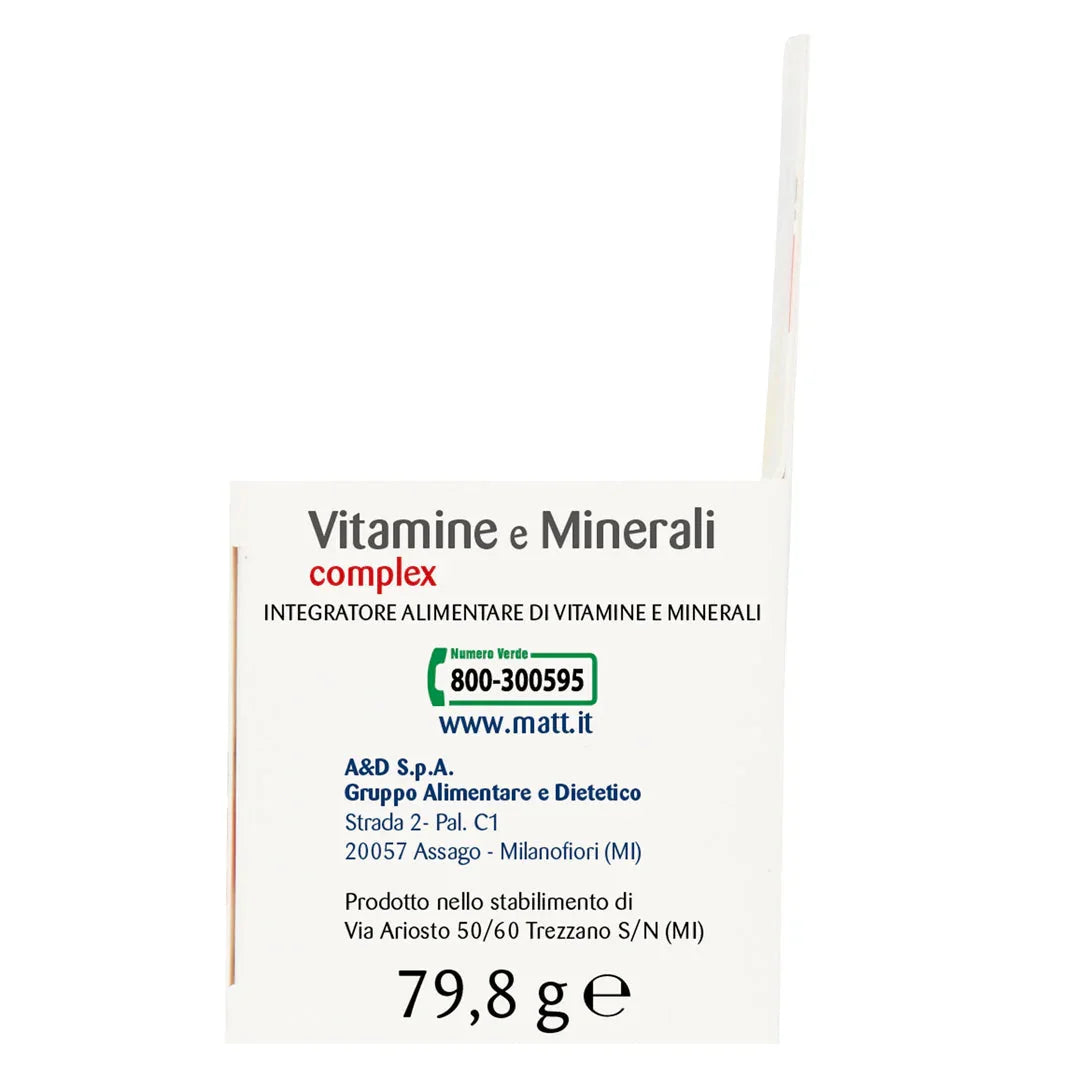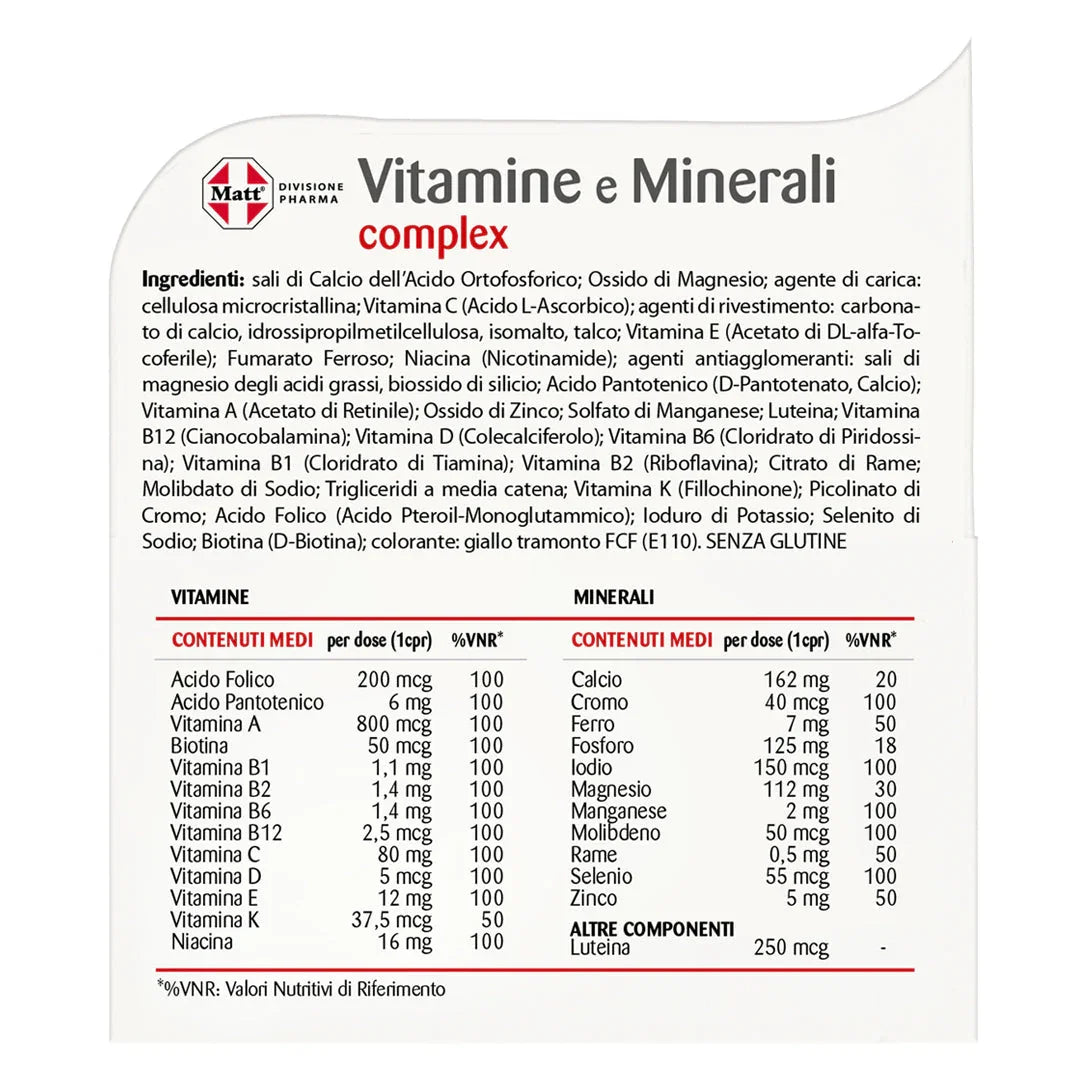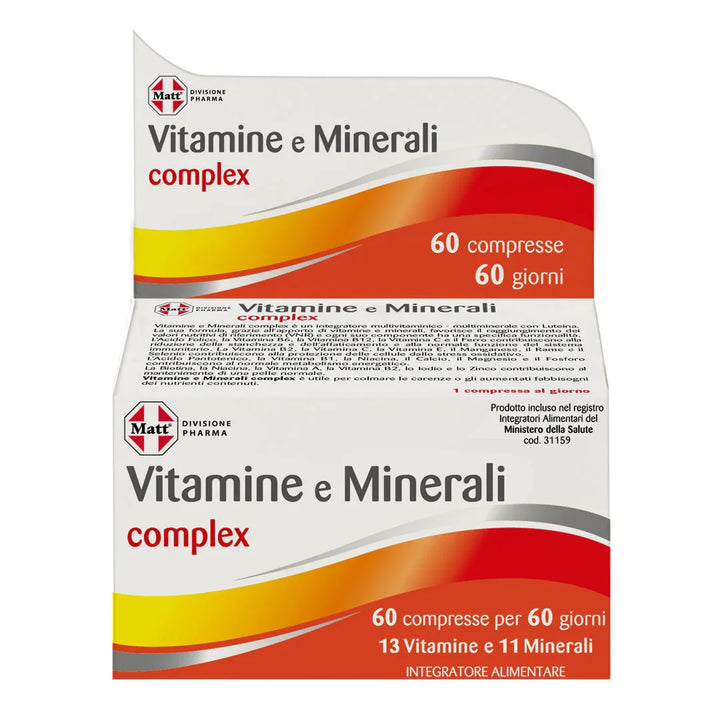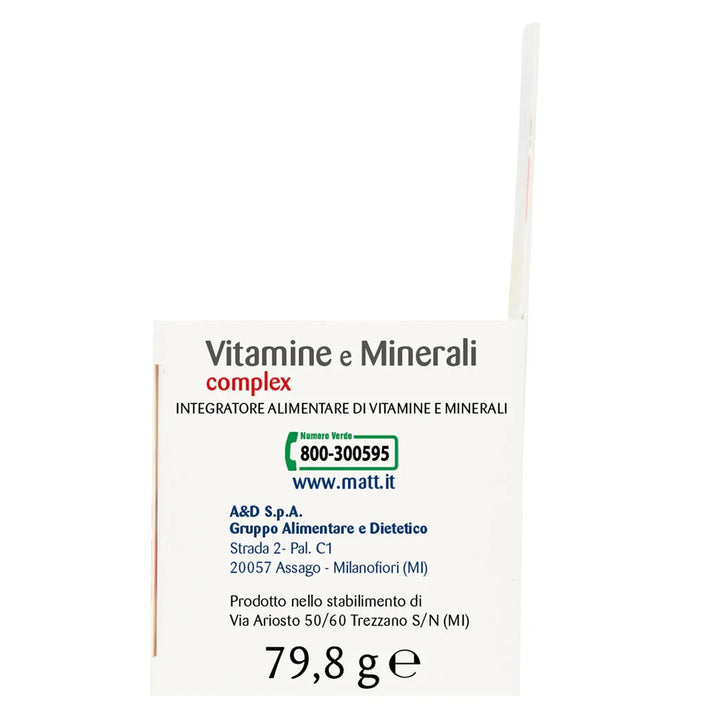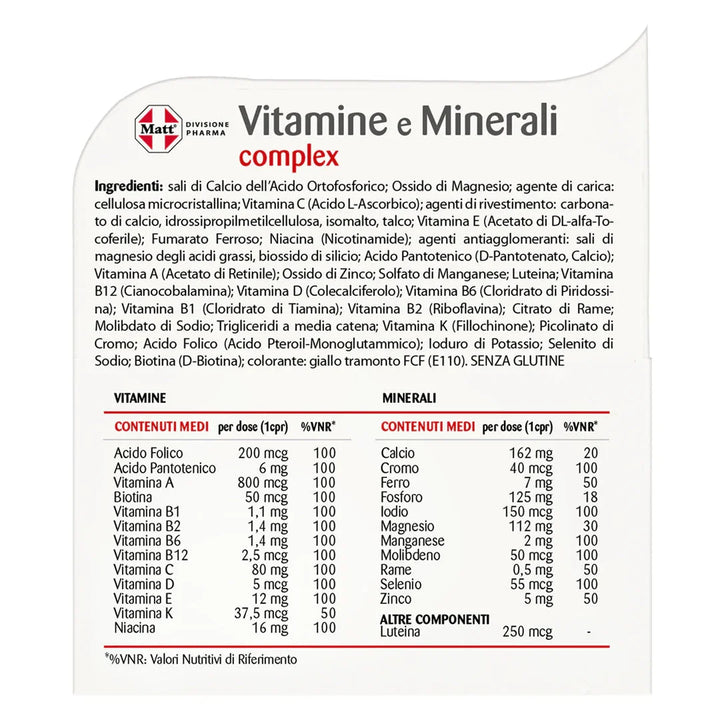Supplements have become part of the routine of many people, from professionals looking for extra energy, to athletes who want to support performance, to those who simply want to fill small nutritional deficiencies. Although they are foods and not drugs, they can significantly contribute to maintaining the general well-being of an individual. In this article we will discover why, when and how to use them, with practical examples of products.
Why take a supplement?
The short answer is: to supplement what the diet sometimes does not provide enough. There can be many reasons:
- Hectic lifestyles – fast meals, stress, little time to cook.
- Restrictive diets – vegan, weight loss or particularly monotonous.
- Age and critical moments – adolescence, pregnancy, menopause, old age.
- Sports and intense physical activity – increased need for proteins, vitamins and minerals.
- Seasonal changes – summer heat or winter cold put your defenses to the test.
Supplements are not magic wands, but a concrete help to fill small gaps and optimize the body's functions.
The large families of supplements
1. Vitamins and minerals
The classic multivitamin can help you reach the reference nutritional values (NRV) and each component has a specific function. Search in the Vitamins and Minerals section to find complete or targeted formulations (vitamin C, D, magnesium, potassium).
2. Omega 3
Omega 3 (EPA/DHA) contained in food supplements contribute to normal cardiac function, to the maintenance of normal blood triglyceride levels and normal blood pressure. Those who do not consume adequate levels of polyunsaturated fatty acids of the Omega 3 series with their diet, can supplement with Omega 3 EPA DHA 3000 or Omega 3 Fish Oil.
3. Amino acids and proteins
Bars are useful foods to integrate the energy and protein needs of the athlete, respecting the caloric constraint of the diet. Proteins promote the growth and maintenance of muscle mass.
4. Herbal Supplements and Phytonutrients
Herbal supplements contain plants with well-known functions, of which the active part, root, stem, leaf or flower, is used from time to time. For example, charcoal helps reduce excessive post-prandial flatulence; artichoke and dandelion help to purify our body; Bromelain helps drain excess body fluids.
5. Food supplements for external beauty
There are food supplements that offer solutions specifically formulated to help maintain the beauty of skin and hair. A practical example? Hydrolyzed Collagen 3000 : specifically formulated to delay the appearance of wrinkles and make the skin firmer.
How to choose the right supplement
Keyword: customization.
- Clear goal : energy, immune defenses, cardiovascular health, beautiful skin? Define your need first.
- Form and practicality : capsules, tablets, drinkables, gummies… choose what you can take consistently.
- Lifestyle : the supplement supports It does not replace. A varied diet, hydration, quality sleep and regular exercise remain essential.
Focus on some supplements
Highly concentrated Omega 3
Matt's Omega 3 EPA DHA 3000 product contains 1000 mg of fish oil per capsule, ideal for those who want a significant intake in a few doses.
Hydrolyzed collagen
With age, collagen synthesis decreases: Hydrolyzed Collagen 10000 powder is a food supplement based on CollaSel Pro, hydrolyzed collagen in peptides and Hyaluronic Acid which help to combat the appearance of wrinkles and make the skin more compact.
Magnesium and Potassium
Summer, sports and stressful situations increase mineral losses. The product Potassium and Magnesium FORTE Matt it is a concentrated food supplement based on Potassium and Magnesium useful for providing an additional quota of these nutrients in cases of reduced dietary intake or for increased needs due to particular situations.
How to use: small tricks for great results
-
Daily Consistency
- Smart Timing
- Integration cycles : alternating periods of intake and pause allows you to evaluate the real benefits on your body.
Frequently Asked Questions About Supplements
Can I combine more than one?
Yes, as long as you do not exceed the recommended intake levels. Always read the labels .
Are they sure?
Before being placed on the market, food supplements must be notified to the Ministry of Health which checks the label and the components used in the formula.
Better tablets or powders?
Your preference counts. Powders are more flexible to dose, tablets are convenient on the go.
Small compass for reading labels
- List of ingredients – in decreasing order of quantity.
- Nutrient Reference Values (NRVs) - These represent standardized values for an average adult and do not take into account the specific needs of individuals with particular health conditions or stages of life.
- Warnings – follow them carefully (e.g. do not exceed the recommended daily dose).
Take-home message - Conclusions
Supplements are not a substitute for a healthy lifestyle, but they can become the missing piece of a puzzle made of balanced nutrition, physical activity and correct hydration. Whether you want to support your heart with omega 3, pamper your skin with a dose of collagen or recharge mineral salts after a run, the golden rule remains one: choose consciously .
